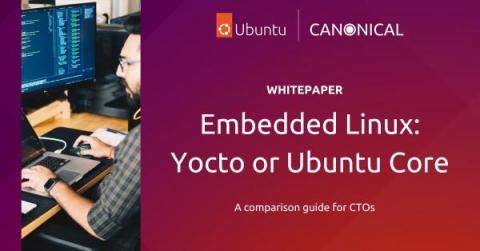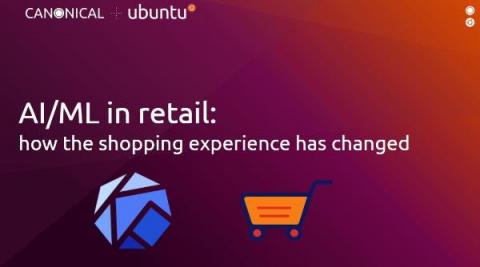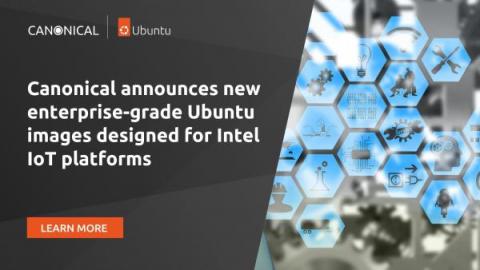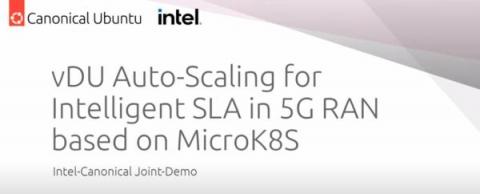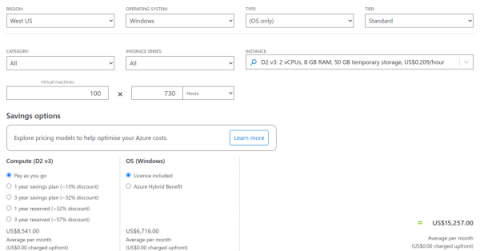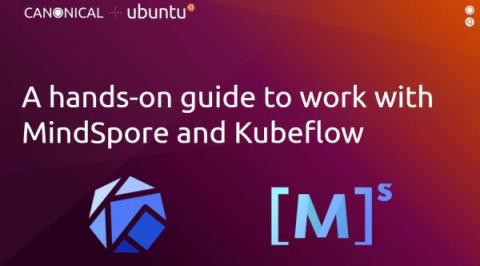Need help choosing an embedded Linux distribution? Get guidance here
Enterprises are looking to capitalise on the new wave of small form-factor computing and navigate the shift to the edge. Device manufacturers across the world are racing to build embedded, connected devices that will deliver on the promise of the fourth industrial revolution. Many of them are looking to explore data-driven value-chain optimisations, predictive maintenance and or new digital customer experiences.


